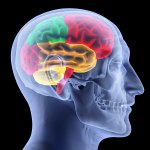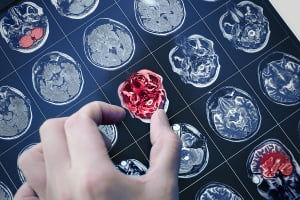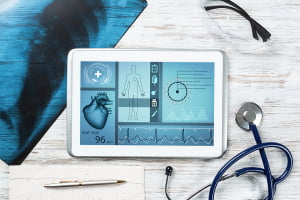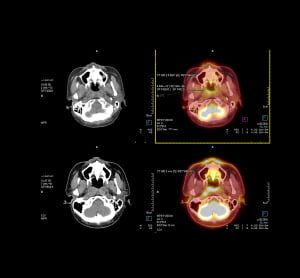
There could be a greater focus on digital health technologies in 2022, after a recent report revealed medical professionals believe it could have a huge impact on healthcare provision.

There could be a greater focus on digital health technologies in 2022, after a recent report revealed medical professionals believe it could have a huge impact on healthcare provision.

The pandemic caused some fundamental shifts in how we all work and live, and for many that meant working where we live, as companies all around the world scrambled to enable remote working, and the healthcare sector was no different.

There could be a greater focus on digital health technologies in 2022, after a recent report revealed medical professionals believe it could have a huge impact on healthcare provision.

Artificial intelligence (AI) could be used to detect whether patients suffering from Covid-19 are likely to require intensive care unit (ICU) treatment.

A new AI application developed by the Kavli Institute for Systems Neuroscience (KISN) in Norway can monitor eye movements, which could lead to the diagnosis of brain disorders, Medical Life Sciences News reports. The technology uses information from magnetic resonance imaging (MRI) scans to predict gaze direction and eye movement.

The brightest ever X-rays, produced in 3D images, have been hailed as a medical breakthrough in diagnostic scanning.

A new AI tool designed to help screening for breast cancer is to be studied by the Royal Free Hospital in London.

Addenbrooke’s Hospital in Cambridgeshire is trialling a new artificial intelligence (AI) diagnostic tool that may help provide earlier detection of the onset of dementia.

Artificial intelligence, or AI, is the impersonation of human intelligence by machines. AI has broad applications in the healthcare sector, and AI systems can help medical service providers with patient consideration and administration.

One of the biggest breakthroughs in medical imaging is the use of machine learning algorithms to help detect tumours, lesions and other abnormalities in cells.